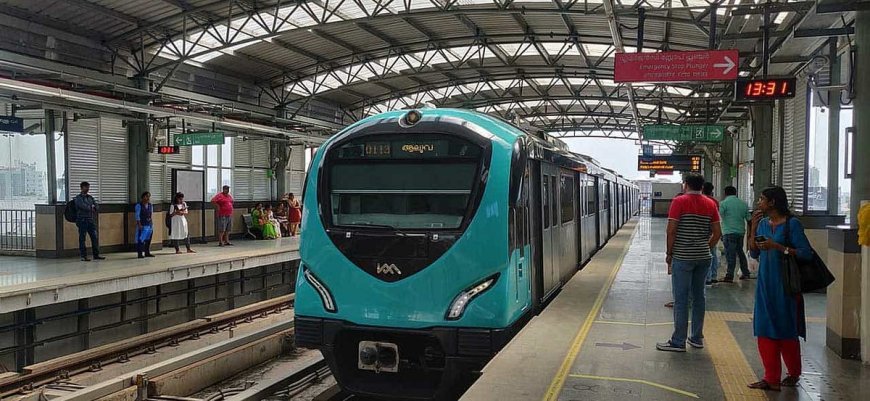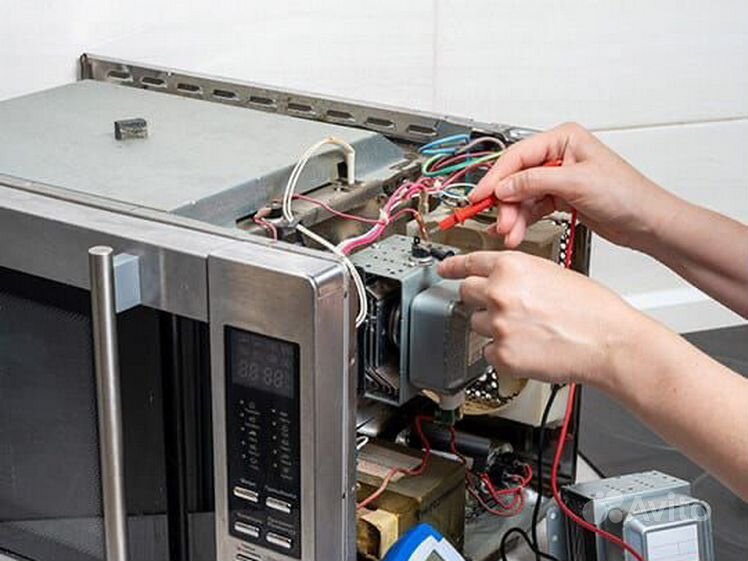Metro Rail Infrastructure Market Share, Size, Latest Insights, Opportunity and Forecast 2024-2032
Our report has categorized the market based on structure and infrastructure.

IMARC Group, a leading market research company, has recently releases report titled “Metro Rail Infrastructure Market: Global Industry Trends, Share, Size, Growth, Opportunity and Forecast 2024–2032,” The study provides a detailed analysis of the industry, including the global metro rail infrastructure market share, size, trends, and growth forecast. The report also includes competitor and regional analysis and highlights the latest advancements in the market.
Report Highlights:
How big is the metro rail infrastructure market?
The global metro rail infrastructure market size is expected to exhibit a growth rate (CAGR) of 3.40% during 2024-2032.
Factors Affecting the Growth of the Metro Rail Infrastructure Industry:
Urbanization Trends
Urbanization is a major driver of the global metro rail infrastructure market, as rapidly growing cities struggle to accommodate increasing populations. As people migrate from rural areas to urban centers in search of better job opportunities and improved living standards, cities face severe congestion and pollution challenges. Metro rail systems offer an efficient and scalable solution to these problems by providing a high-capacity, reliable mode of transport that reduces the reliance on private vehicles. This shift not only helps alleviate traffic jams but also lowers greenhouse gas emissions and enhances overall air quality. Urban planners and policymakers are thus increasingly turning to metro systems as a strategic tool to manage urban growth and ensure sustainable development.
Government Investments:
Government investments are pivotal in the expansion and modernization of metro rail systems across the globe. Recognizing the myriad benefits of efficient public transportation, including reduced traffic congestion, environmental sustainability, and economic stimulation, governments are committing substantial resources to metro rail projects. These investments often come in the form of direct funding, subsidies, or tax incentives, and are frequently part of broader urban development and economic stimulus programs. In many countries, metro rail systems are seen as essential to achieving long-term transportation goals and improving quality of life. For example, major cities with ambitious plans for metro expansion receive support through public financing or public-private partnerships that help share the financial burden.
Technological Advancements:
Technological advancements are transforming the global metro rail infrastructure market by enhancing the efficiency, safety, and convenience of metro systems. Innovations such as automated train operations, advanced signaling systems, and real-time passenger information have revolutionized how metro services are delivered. Automation technologies, including driverless trains and smart control systems, increase operational efficiency and reduce human error, leading to more reliable and punctual services. Additionally, modern signaling systems, such as communication-based train control (CBTC), enable higher train frequencies and improve safety by providing precise control over train movements. Real-time information systems keep passengers informed about train schedules, delays, and platform changes, enhancing the overall travel experience.
Request for a sample copy of this report: https://www.imarcgroup.com/metro-rail-infrastructure-market/requestsample
Metro Rail Infrastructure Market Report Segmentation:
Breakup by Structure:
- Elevated
- At Grade Level
- Underground
Elevated metro rail systems are the largest segment due to their cost-effective construction and minimal disruption to existing urban infrastructure, making them a popular choice for densely populated cities.
Breakup by Infrastructure:
- Alignment and Trackwork
- Signaling and Train Control
- Electric Power System
On the basis of infrastructure, the market is categorized into alignment and trackwork, signaling and train control, and electric power system.
Breakup by Region:
- North America (United States, Canada)
- Asia Pacific (China, Japan, India, South Korea, Australia, Indonesia, Others)
- Europe (Germany, France, United Kingdom, Italy, Spain, Russia, Others)
- Latin America (Brazil, Mexico, Others)
- Middle East and Africa
Asia Pacific was the largest market for metro rail infrastructure because of its rapid urbanization, significant investments in public transit, and the presence of major cities with extensive metro networks.
Global Metro Rail Infrastructure Market Trends:
The global metro rail infrastructure market is propelled by several key drivers that shape its expansion and evolution, such as rapid urbanization, as increasing city populations demand efficient and sustainable transportation solutions. Governments worldwide are investing in metro systems to alleviate traffic congestion, reduce greenhouse gas emissions, and promote economic growth. Technological advancements in rail systems, including automation and smart signaling, are enhancing the efficiency and safety of metro operations. Apart from this, the shift towards eco-friendly transportation methods, driven by climate change concerns, is pushing for the adoption of electric and energy-efficient trains, which is accelerating the market growth.
Who are the key players operating in the industry?
The report covers the major market players including:
- Alstom
- Siemens AG
Browse the full report with TOC & List of Figures: https://www.imarcgroup.com/metro-rail-infrastructure-market
If you require any specific information that is not covered currently within the scope of the report, we will provide the same as a part of the customization.
About Us:
IMARC Group is a leading market research company that offers management strategy and market research worldwide. We partner with clients in all sectors and regions to identify their highest-value opportunities, address their most critical challenges, and transform their businesses.
IMARC's information products include major market, scientific, economic and technological developments for business leaders in pharmaceutical, industrial, and high technology organizations. Market forecasts and industry analysis for biotechnology, advanced materials, pharmaceuticals, food and beverage, travel and tourism, nanotechnology and novel processing methods are at the top of the company's expertise.
Contact US:
IMARC Group
134 N 4th St. Brooklyn, NY 11249, USA
Email: sales@imarcgroup.com
Tel No:(D) +91 120 433 0800
United States: +1–631–791–1145
What's Your Reaction?
 Like
0
Like
0
 Dislike
0
Dislike
0
 Love
0
Love
0
 Funny
0
Funny
0
 Angry
0
Angry
0
 Sad
0
Sad
0
 Wow
0
Wow
0













































